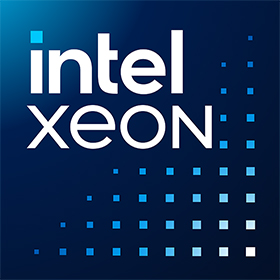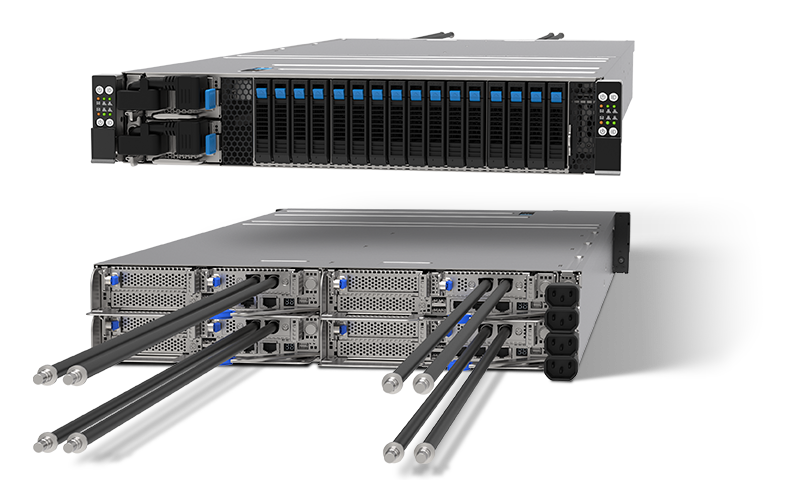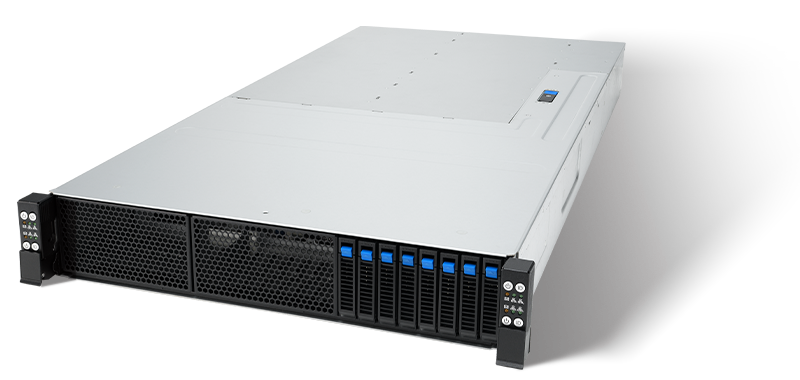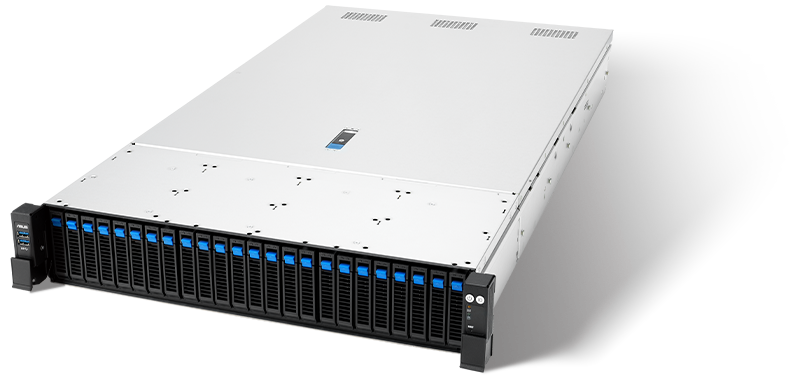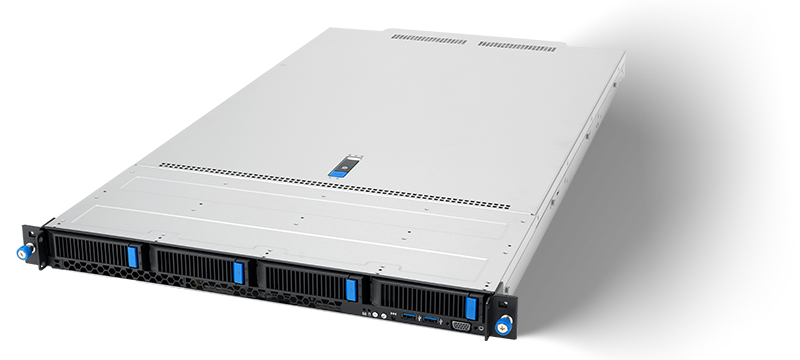ASUS RS920Q-E12 servers with the latest Xeon® 6 CPU are particularly suited to heavy workloads ensuring efficient processing and data management. To maintain optimal performance and prevent overheating, these servers often require advanced liquid-cooling technology. This cooling method is crucial in managing the high thermal output generated by such powerful systems, thereby ensuring stability and reliability in demanding operational environments.
- Form factor: 2U four-node server
- Processor: 8 x Intel® Xeon® 6900P-series or Intel® Xeon® 6 Processors with E-Cores, up to 1024 cores, 500W CPU (LC only) per 2U system
- Memory: Up to 96 DDR5 RDIMM 6400MTs and MRDIMM Gen1 8800 MTs per 2U system
- Drive bays: 16 bays per 2U system
- Expansion slots: 2 x PCIe Gen5 slots (1 reserved for LC kits) and 1 x OCP 3.0 Mezzanin support
ASUS servers and services are available globally. For further information, please reach out to your local ASUS representative.


